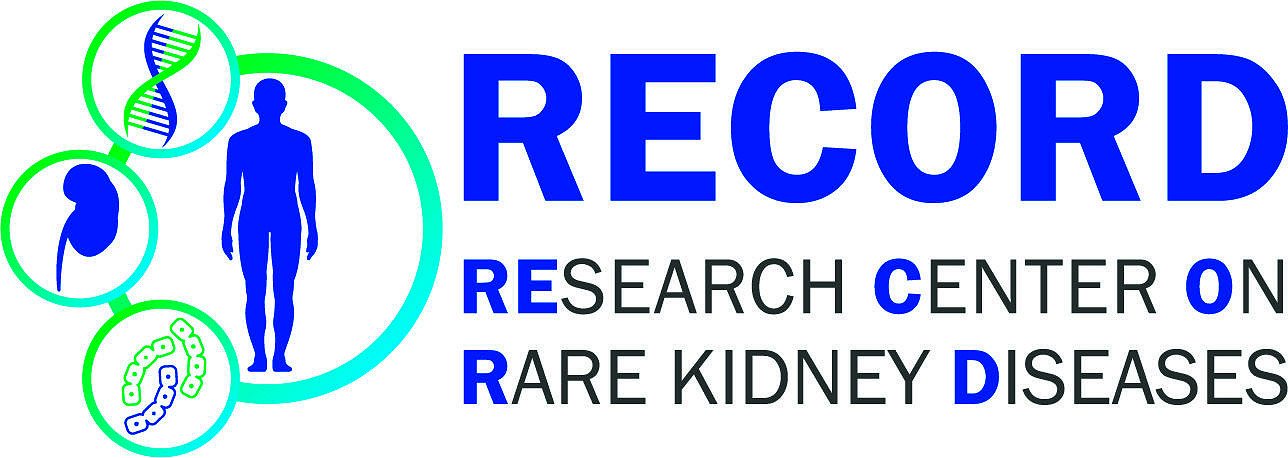 Characterization of cellular and humoral components of autoreactive immune responses in glomerular diseases
Characterization of cellular and humoral components of autoreactive immune responses in glomerular diseases
Wissenschaftliches Arbeitsprogramm (Abstract)
First, we aim to identify and characterize disease-specific immune responses by analyzing cytokine patterns in sera of patients at baseline with different diseases in relation to healthy controls. By comparing distinct glomerular diseases (as defined by their histopathological diagnosis) with so far elusive or known (auto)immune pathomechanisms we intend to reveal differences and specific characteristics of the disease entities. Besides membranous nephropathy (MN), an autoantibody mediated glomerulopathy, and its subgroups of PLA2Rand THSD7A-mediated MN, we plan to assess minimal change disease (MCD), focal segmental glomerulosclerosis (FSGS) and IgA nephropathy to cover a broad spectrum of underlying processes. The patients’ cytokine profiles are then compared with cytokine profiles in mice after induction of autoimmune PLA2R1- and THSD7A-associated MN. To further characterize immune (patho)mechanisms of MN as a representative of immune-mediated glomerular diseases, we will resolve the temporal and spacial dynamics of cell subsets of T cells, B cells, plasma cells, innate lymphoid cells and natural killer cells at different tissue sites and immune organs (peripheral blood, draining lymph nodes, spleen, bone marrow, kidneys). Lastly, potential interventions such as antibody-mediated cytokine blocking as well as genetic knockout animals will be tested in both mouse models to evaluate the role of follicular helper T cells as well as T helper type 2 immune response based on individual cytokines and the effect resulting from their deficiency.
